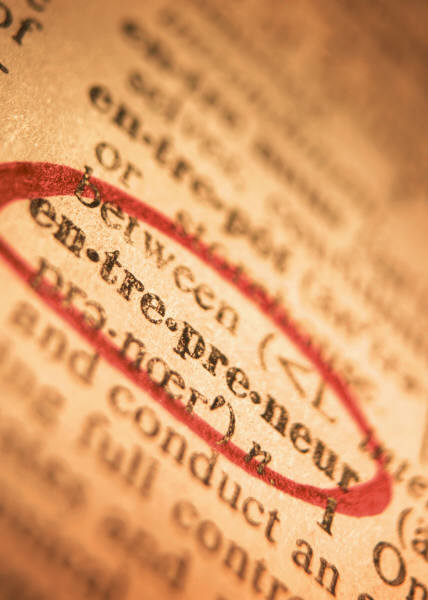3/8/2019 11:00:00 AM
States and cities that create attractive environments for startups, entrepreneurs, and innovative talent are quickly distancing their economies from those who do not. For every one job created in the innovation sector, five more jobs are created in adjacent sectors – the strongest network effect in job growth today. Minnesota must put our economy on the cutting edge of this ecosystem by making strategic investments in our innovation ecosystem.
The proposed Minnesota Innovation Collaborative (MIC) contains a series of initiatives focused on growing Minnesota’s innovation economy by accelerating the growth of our startup ecosystem and attracting top technology talent to the state. Comprised of a collection of new grant programs, a new apprenticeship program, and a physical space for outreach, education and training, the MIC will create a touchstone for the state to support and enhance the state’s visibility and interest in the innovation ecosystem. It will bring together all the key players – founders, venture capitalists, researchers, academia, businesses (including Fortune 500s), and educators – in one space.
Ultimately, major pieces of the initiative will separate from state government as they grow. Over the biennium, staff will engage businesses, higher education, investors and communities to provide resources to match state investments to sustain and grow the locations and educational services available to entrepreneurs and startups beyond the biennium.
The DEED Minnesota Innovation Collaborative proposal requests $5 million.

The Minnesota Innovation Collaborative proposal contains several grants and funding packages attractive to entrepreneurs, such as early grant funding, research and development grants, business liquidity grants, entrepreneur benefits packages, Small Business Innovation Research match funding, and innovation vouchers.
DEED will award grants to eligible Minnesota startups involved in developing or producing products or services in Minnesota that will provide quality jobs for Minnesotans for the next generation. Grants will be targeted to the most promising technology businesses in the early stages of development that are generally not yet able to attract adequate private sources of capital. Third party evaluations will help determine funding levels and recipients. Some of these funds will require matching from non-DEED sources and may be used for the following activities:
More detail: Eligible innovative startups must work with third-party technology counseling services in Minnesota, such as the MIC, to develop applications that will be accepted by DEED on a rolling basis. Applications that reflect past or potential investment by outside investors including Fortune 500-type businesses will be encouraged. Grantees will be required to show proof of investment from the private sector to unlock the assistance and will be provided with ongoing mentoring support from the MIC and other private sector organizations throughout the grant period. DEED staff outside of MIC would provide administrative support and a 3 percent administrative fee would cover administrative expenses. Entrepreneurs seeking assistance must demonstrate income in the previous year of less than $150,000.
DEED will award competitive grants (through an RFP process) to organizations that can deliver best-in-class educational programming to entrepreneurs and provide outreach on the state’s innovation ecosystem. A local match and involvement with the MIC would be required. DEED staff outside of MIC would provide administrative support, and a 3 percent administrative fee is proposed to cover administrative expenses. Organizations would be required to provide the following types of services to support and enhance Minnesota’s innovation ecosystem.

The Minnesota Innovation Outreach Office will lease space in a private co-working facility and include up to three new DEED-funded positions – a director, high-level professional staff, and a staff person to manage administrative duties. These positions would be responsible for overall coordination and serve as a resource for entrepreneurs and businesses. The space would include both a front office for engaging the community, and a classroom for startup training. Key activities of the space will include:
The MIC proposal seeks to grow Minnesota’s innovation economy and provides wraparound programming and supports necessary for the groups most likely to benefit from this intense programming, low-wealth communities. The MIC is expected to spur Minnesota’s economy, increased technological innovation, and long-term, high-wage job growth.
small businesses
Economic Development
workforce